-
chevron_right
Block Mirror: Dystopian Site-Blocking Triggers Circumvention Innovation
news.movim.eu / TorrentFreak • 13 April • 4 minutes
 In the wake of a global pandemic, an ongoing war in Europe, and a new U.S. president taking the world on a surprise mystery tour to somewhere, Season 7 of Black Mirror faces the show’s toughest test following its Netflix debut on Thursday.
In the wake of a global pandemic, an ongoing war in Europe, and a new U.S. president taking the world on a surprise mystery tour to somewhere, Season 7 of Black Mirror faces the show’s toughest test following its Netflix debut on Thursday.
Ensuring each episode has a provocative, meaningful impact is getting harder in a world where the highly improbable seems to happen much more frequently. Facing genuine competition from real world events, including some that don’t involve Greenland, desensitization is likely to be a factor already.
Block Mirror?
There’s a risk that a Spanish-themed episode, in which a powerful corporation blocks internet traffic to improve sales of an exclusive entertainment product, might be too much, too soon.
Starting around 2008 before reaching its climax in a dystopian future labeled 2025, it could reveal how ISP blocking measures that the public didn’t want, were presented as the only viable option for tackling pirate sites. The episode could place emphasis on assurances that site blocking would always respect fundamental rights, such as the right to receive and impart information.
After fast forwarding to the present day, the episode could show how site blocking has matured to the point where targeting hundreds of pirate sites, means blocking thousands of innocent sites at the same time. Delivered to camera with a completely straight face, the audience should be informed that blocking innocent websites is perfectly fine, because a judge says that it’s legal .
Given that websites in Spain contain material protected by copyright, not to mention information that EU citizens have a right to impart and receive, it does seem unfair that thousands of sites (some claim its millions) find themselves completely blacked out when football matches are broadcast in Spain.
Circumvent Site-Blocking
So, with no help from the authorities and no TV deal expected anytime soon, Spaniards are beginning to take matters into their own hands.
Pirates have always circumvented blocking measures, mostly to access pirated content that blocking measures are supposed to deny. Today, regular developers are coming up with solutions to thwart site blocking, for reasons that include running a business and feeding their families. All they want, and it’s really not much at all, is to put up a website and have people who’d like to pay a visit face no barriers while doing so.
Well, help is starting to arrive, at least unofficially. The developers of the tools below hope to improve a situation that has only deteriorated in recent weeks.
The tools listed below are available from GitHub. Usual security caveats apply, if in any doubt, do not install.
Cloudflare Status Monitor for LaLiga Blocks
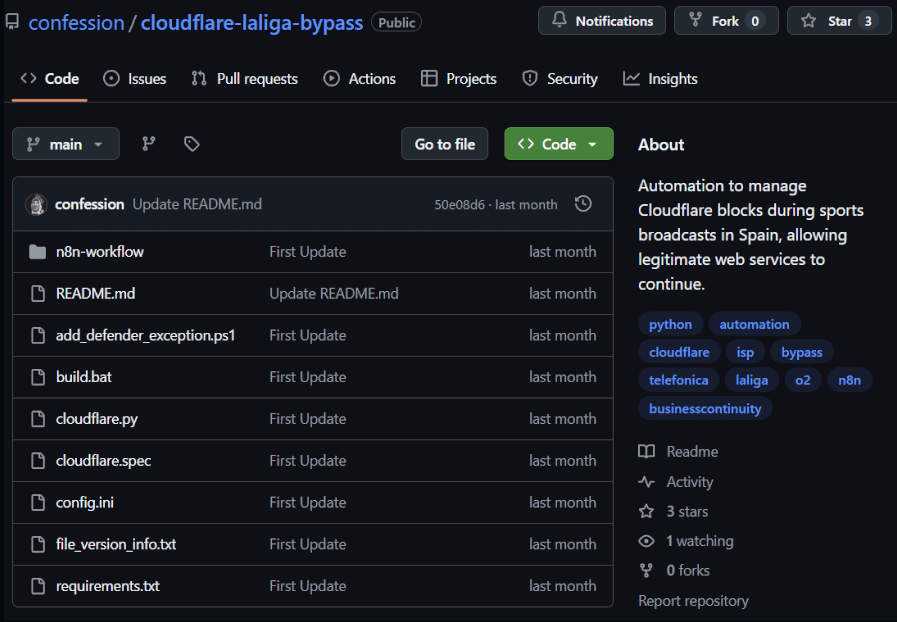
Summary of key features/benefits
• The script monitors check.aitorroma.com to verify if Cloudflare is active.
• When LaLiga implements blocks during football matches, the system automatically detects it.
• Automatically disables Cloudflare when blocks are detected
• Reactivates Cloudflare when the site is back online
• Uses webhooks to keep you informed about status changes
• Minimize downtime during football broadcasts
• Eliminates the need to manually manage Cloudflare blocks
• Provides an automated solution to keep the service available
• Ensures service continuity for legitimate websites
Cloudflare Status Monitor for LaLiga Blocks is available on GitHub
LaLiga Block Evasion Filter
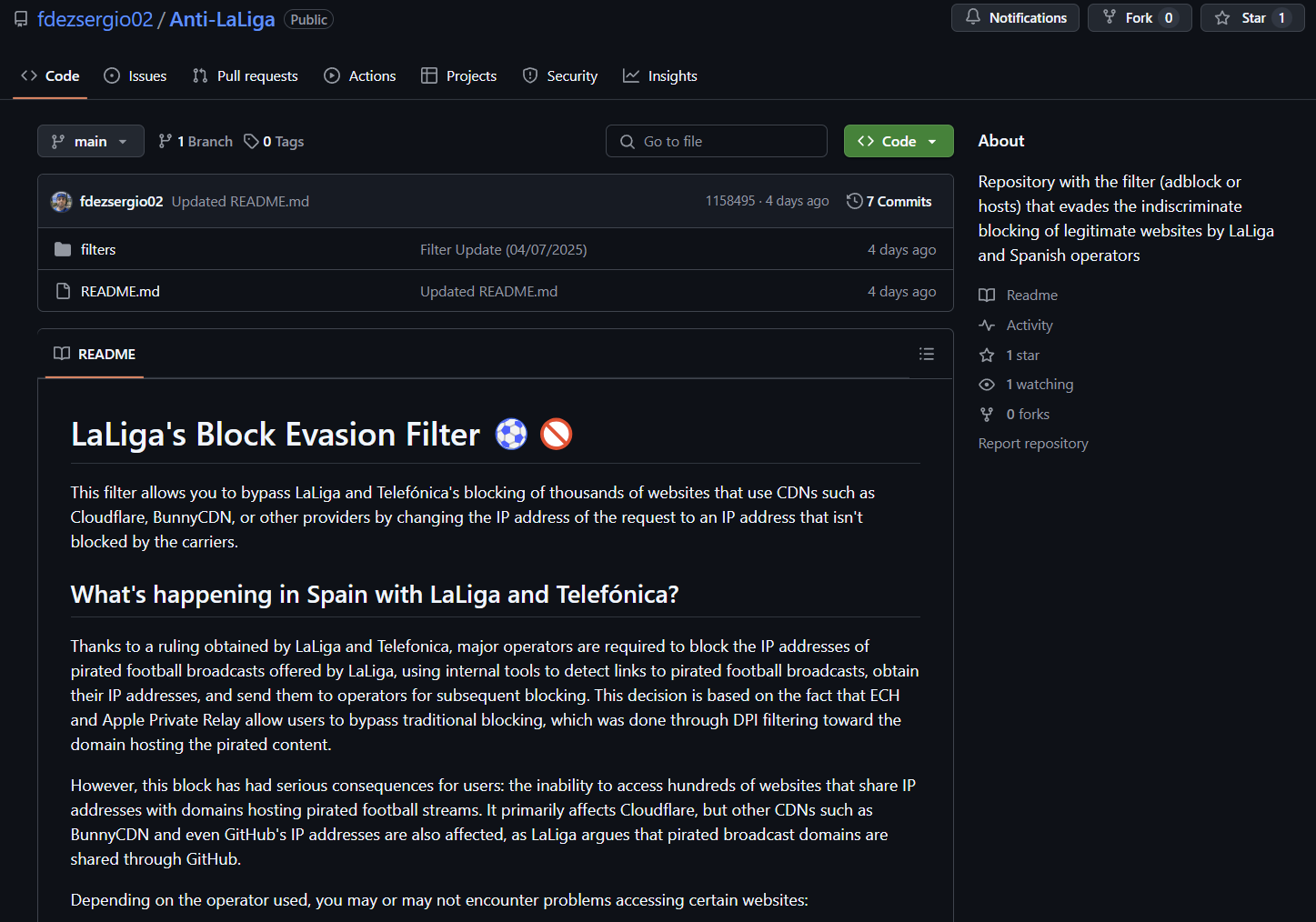
How does the filter work?
This filter leverages the benefits of major CDN servers, allowing you to replace the blocked IP address provided by the DNS server with an IP address from the affected CDN that is not blocked, allowing websites to load correctly.
For example, if the URL “example.com” is associated with the IP address “1.2.3.4,” which is blocked by carriers, this filter switches to an unblocked IP address, such as “1.2.3.5,” so that legitimate pages can load correctly. Depending on the situation, it rotates to the next IP address or chooses a different IP address belonging to the same CDN.
LaLiga Block Evasion Filter is available on GitHub
LaLiga Lock Checker
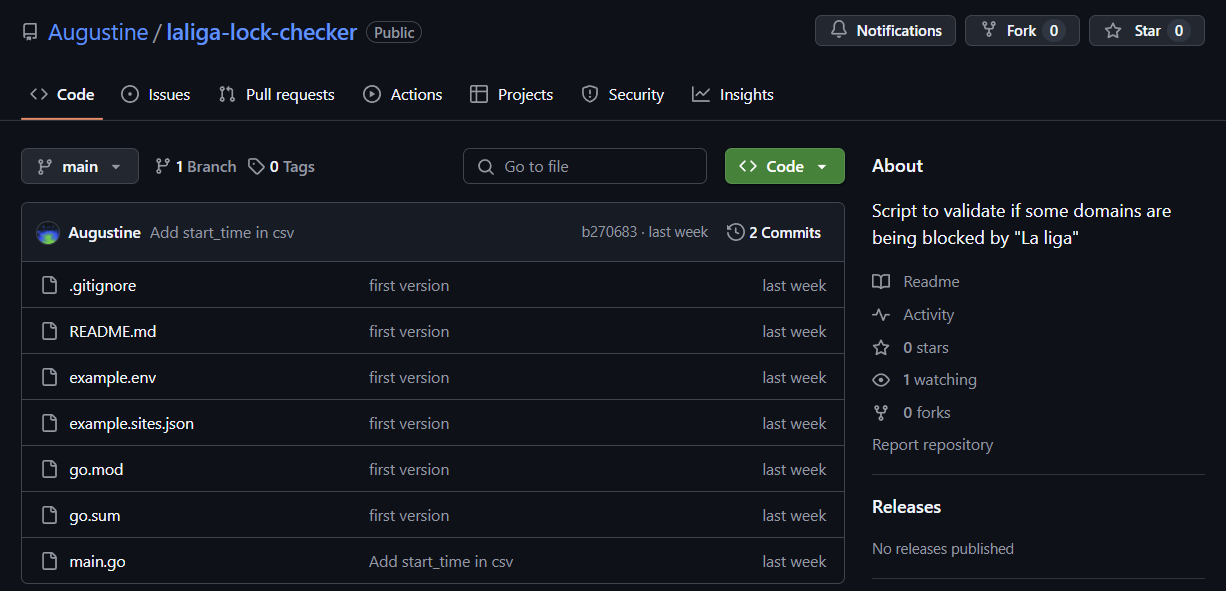
Summary of key features/benefits
• Go script to check if a set of domains are blocked and, if necessary, test them through a VPN. The results are saved in a CSV file with time, status and latency.
• Read domains from a JSON file ( sites.json).
• It makes HTTP requests and checks if they respond.
• If they don’t respond, activate a VPN connection (WireGuard) and try again.
• Write the results to a CSV file: hora,domini,estat,latencia_ms.
• It allows you to configure it via command line, environment variables or .env.
LaLiga Lock Checker is available on GitHub
LaLiga IP List
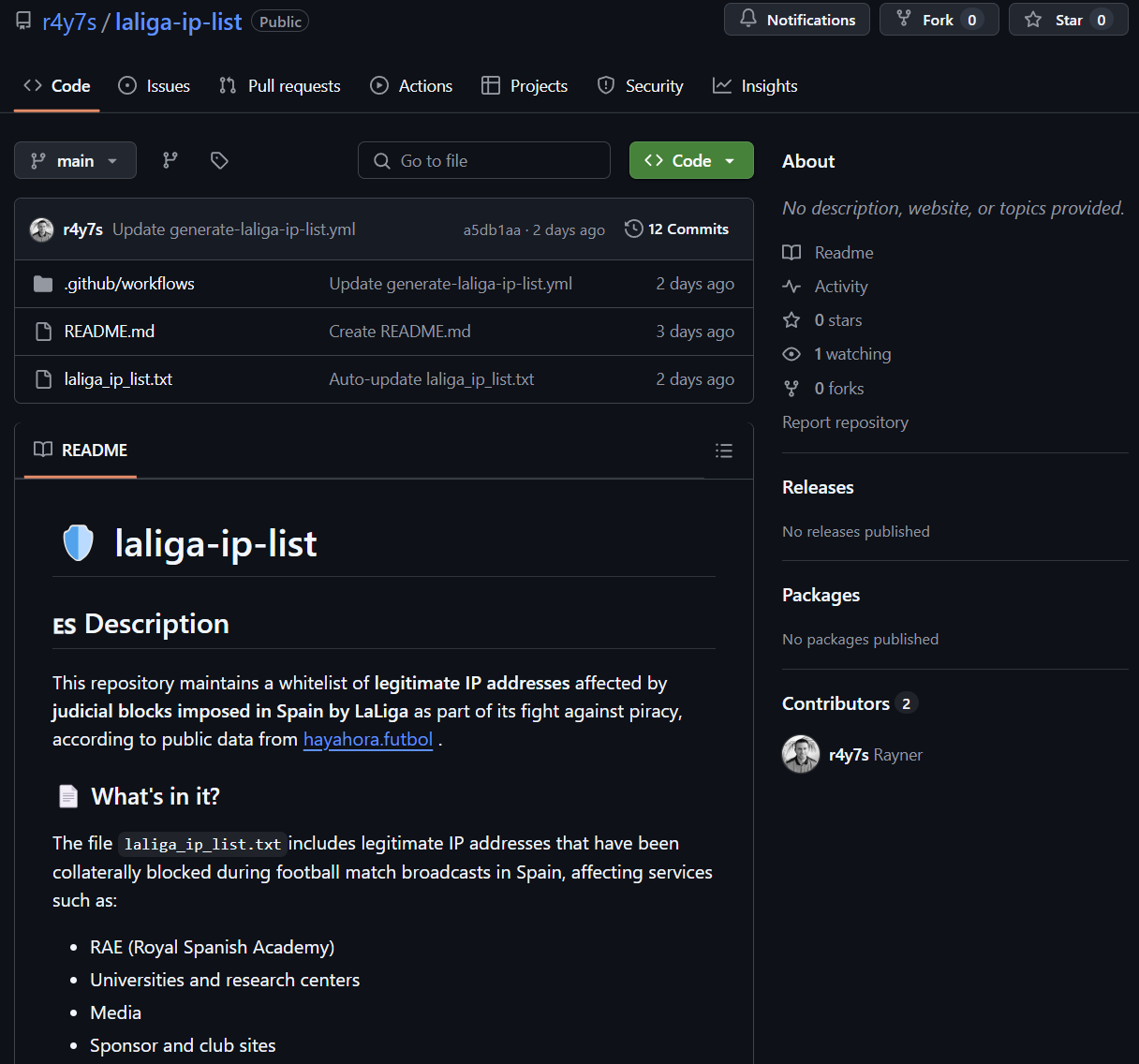
Summary of key features/benefits
• This repository maintains a whitelist of legitimate IPs that have been unintentionally affected by judicial IP blocks in Spain ordered by LaLiga as part of its anti-piracy efforts, based on public data from
hayahora.futbol
.
• The file laliga_ip_list.txt is updated twice a day automatically.
• What’s inside? The laliga_ip_list.txt file includes legitimate IPs that were wrongly blocked during football match streams in Spain, affecting services like: RAE (Royal Spanish Academy), universities and research centers, news outlets, sponsor and club websites
———–
Whether the existence of these tools amounts to evidence of overblocking, remains to be seen. But one thing is certain.
Providing an environment that necessitates circumvention, so that people can go about their legal business, runs counter to the prevention of piracy and so much more.
It undermines the entire site-blocking movement, and provides new credibility and moral legitimacy to anything that stands in its way – or indeed, tunnels straight through it.
From: TF , for the latest news on copyright battles, piracy and more.

 In recent months, piracy-related overblocking concerns in
In recent months, piracy-related overblocking concerns in
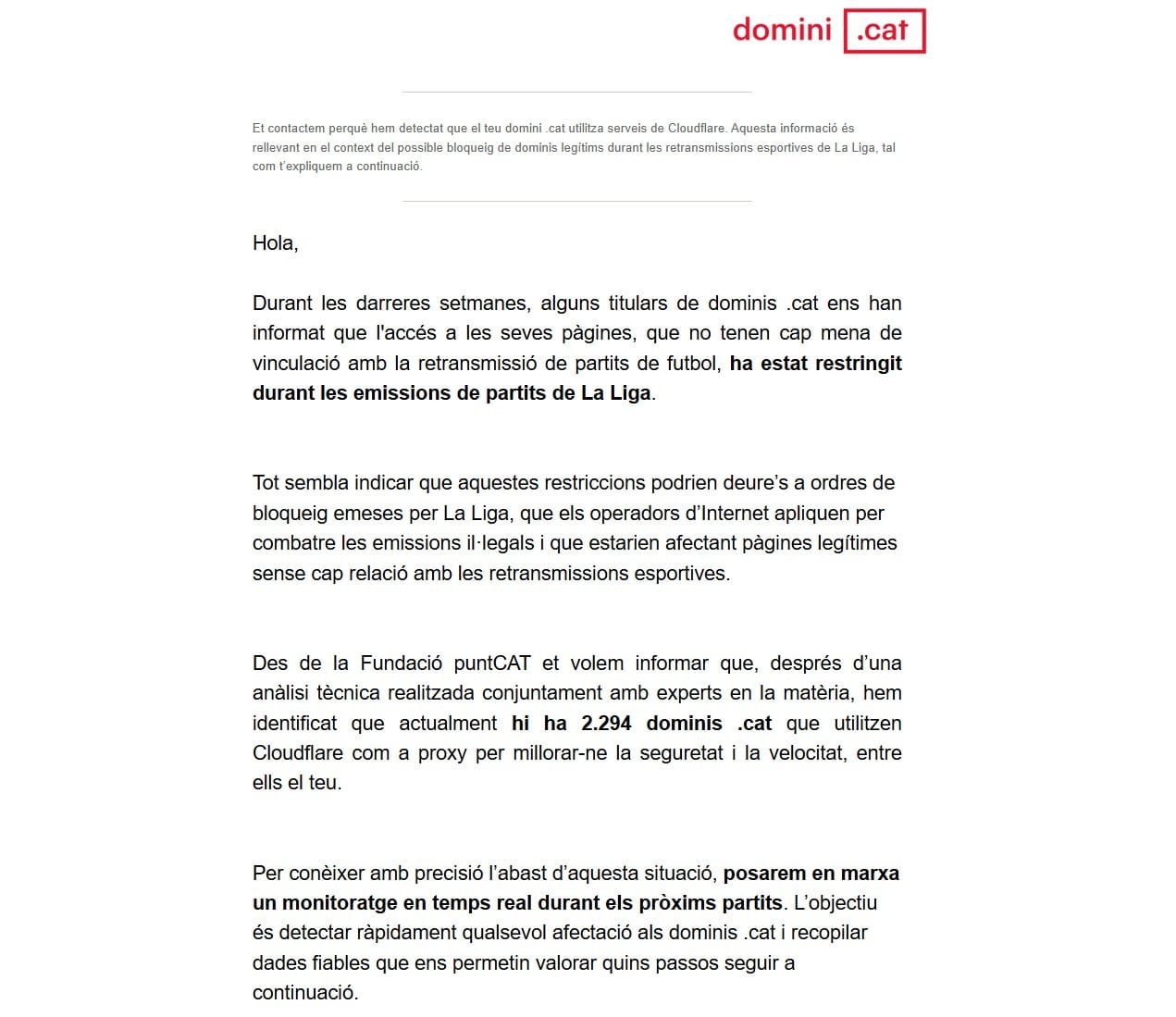
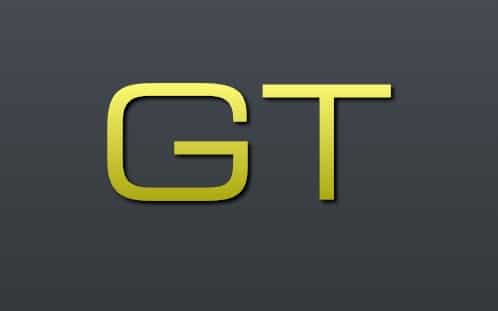 Adult entertainment company Flava Works specializes in gay media, mostly pornographic films and magazines featuring Black and Latino men.
Adult entertainment company Flava Works specializes in gay media, mostly pornographic films and magazines featuring Black and Latino men.
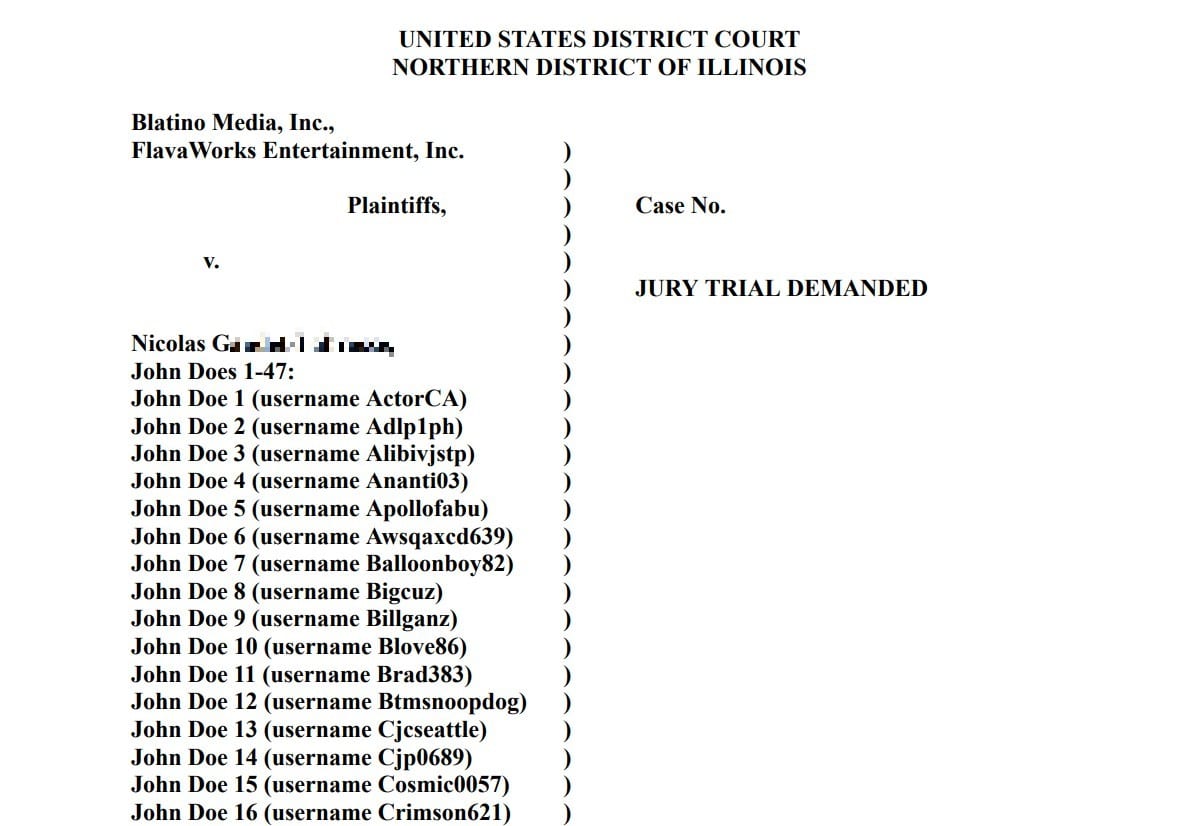

 Having listened to LaLiga chief Javier Tebas speak about piracy for almost an hour at a
Having listened to LaLiga chief Javier Tebas speak about piracy for almost an hour at a
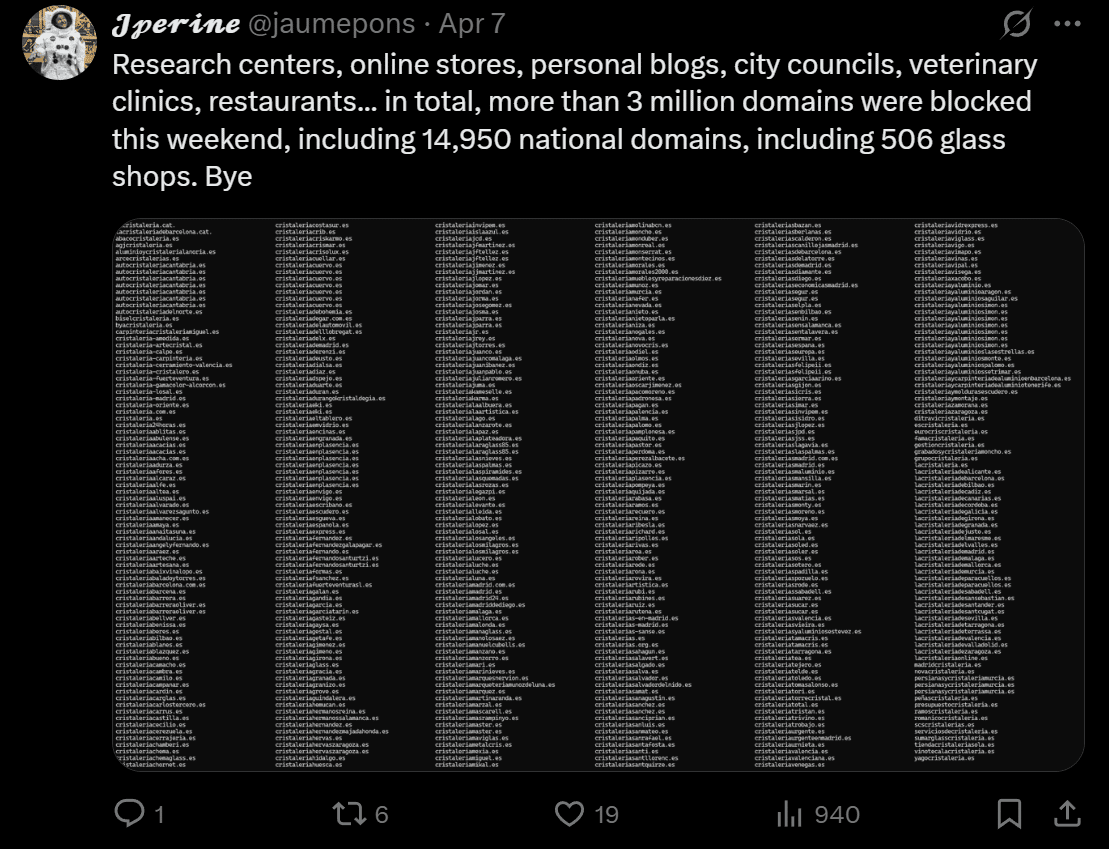

 The
The

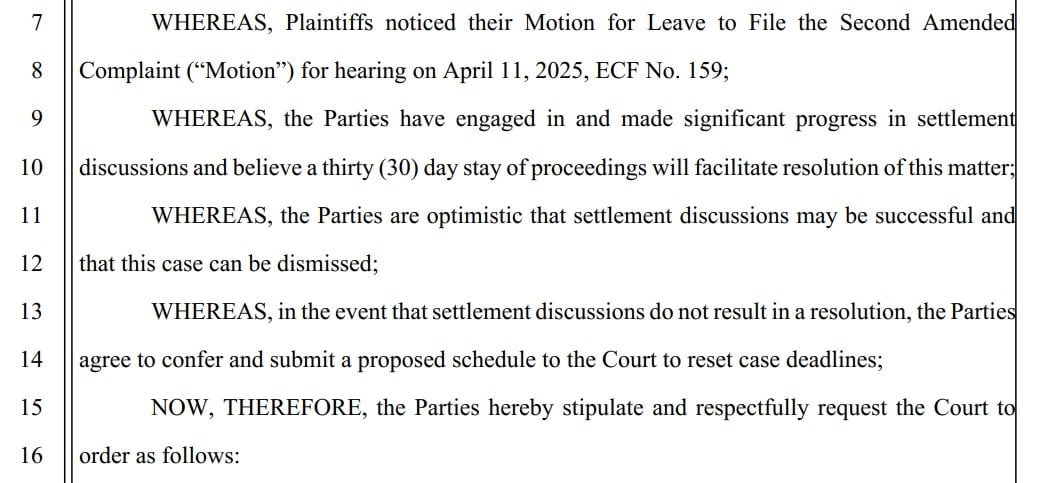
 More than a year after its official debut in February 2024, Italy’s controversial Piracy Shield blocking system is yet to deliver on the key predictions justifying its launch.
More than a year after its official debut in February 2024, Italy’s controversial Piracy Shield blocking system is yet to deliver on the key predictions justifying its launch.



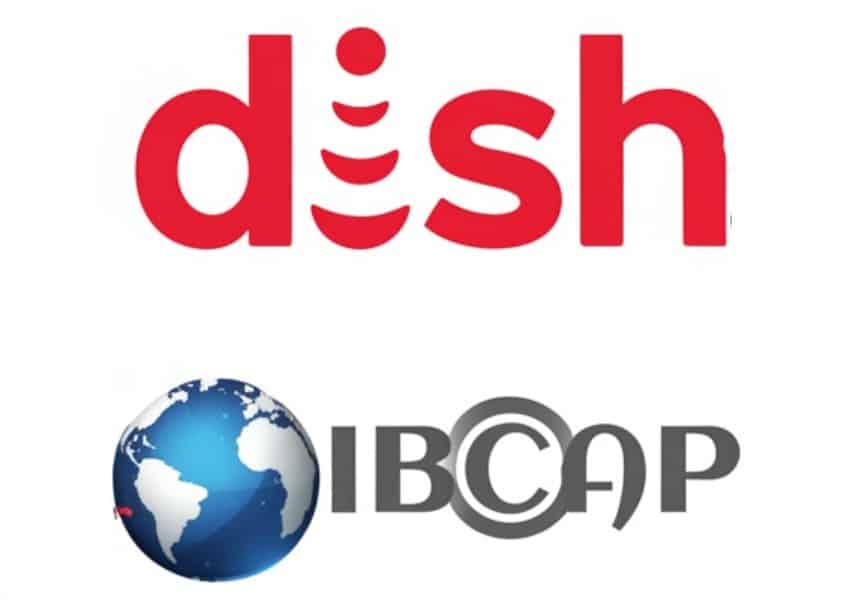 With the continued growth of pirate IPTV services in recent years, TV broadcasters and distributors have been ramping up their anti-piracy efforts.
With the continued growth of pirate IPTV services in recent years, TV broadcasters and distributors have been ramping up their anti-piracy efforts.



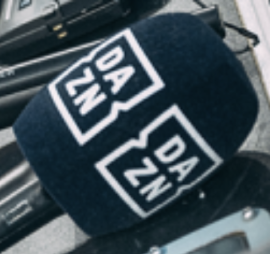 Like many similar reports published most weeks by newspapers in Europe, an article published by Belgian media outlet L’Echo late Saturday evening pulled few punches.
Like many similar reports published most weeks by newspapers in Europe, an article published by Belgian media outlet L’Echo late Saturday evening pulled few punches.
 While this would be its first use in Belgium, dynamic blocking is already used extensively elsewhere. The mechanism allows for speedy responses to blocking countermeasures, including domain changes and the appearance of proxies and mirrors, and there’s no requirement for a follow-up legal procedure.
While this would be its first use in Belgium, dynamic blocking is already used extensively elsewhere. The mechanism allows for speedy responses to blocking countermeasures, including domain changes and the appearance of proxies and mirrors, and there’s no requirement for a follow-up legal procedure.
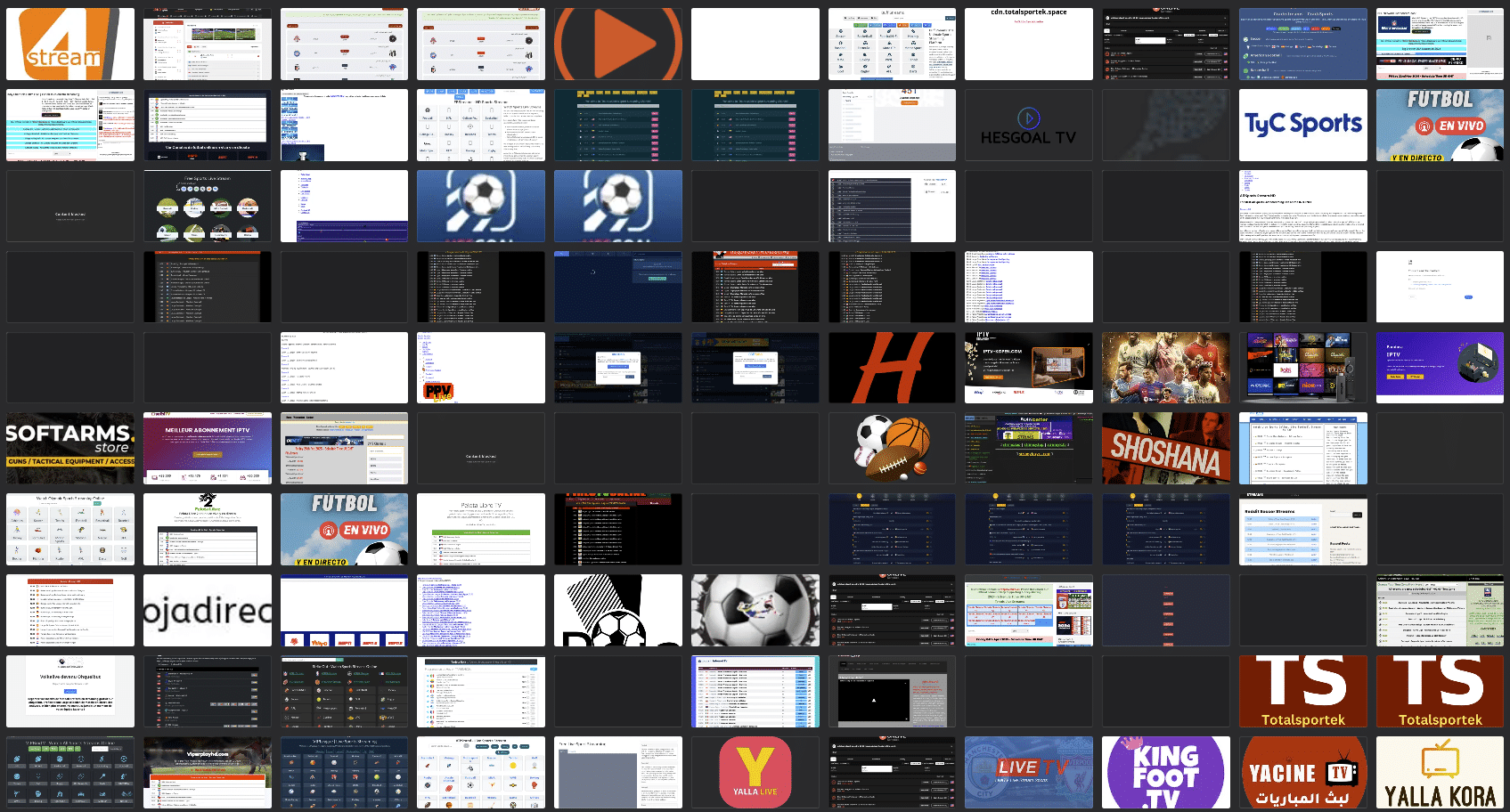
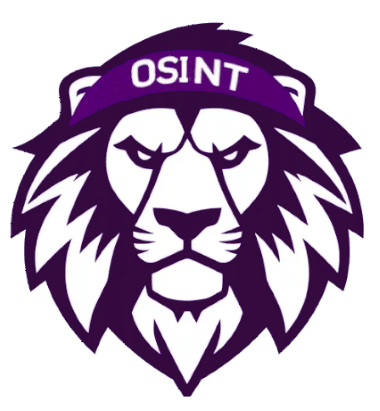 Most prevalent in the movie and TV show sectors, applications for DMCA subpoenas are regularly filed at courts in the United States.
Most prevalent in the movie and TV show sectors, applications for DMCA subpoenas are regularly filed at courts in the United States.
 In this example it appears that when the Premier League visited the website sporttuna.pro, they were redirected to sporttuna.website and then to sporttuna.xyz (boxed in red).
In this example it appears that when the Premier League visited the website sporttuna.pro, they were redirected to sporttuna.website and then to sporttuna.xyz (boxed in red).
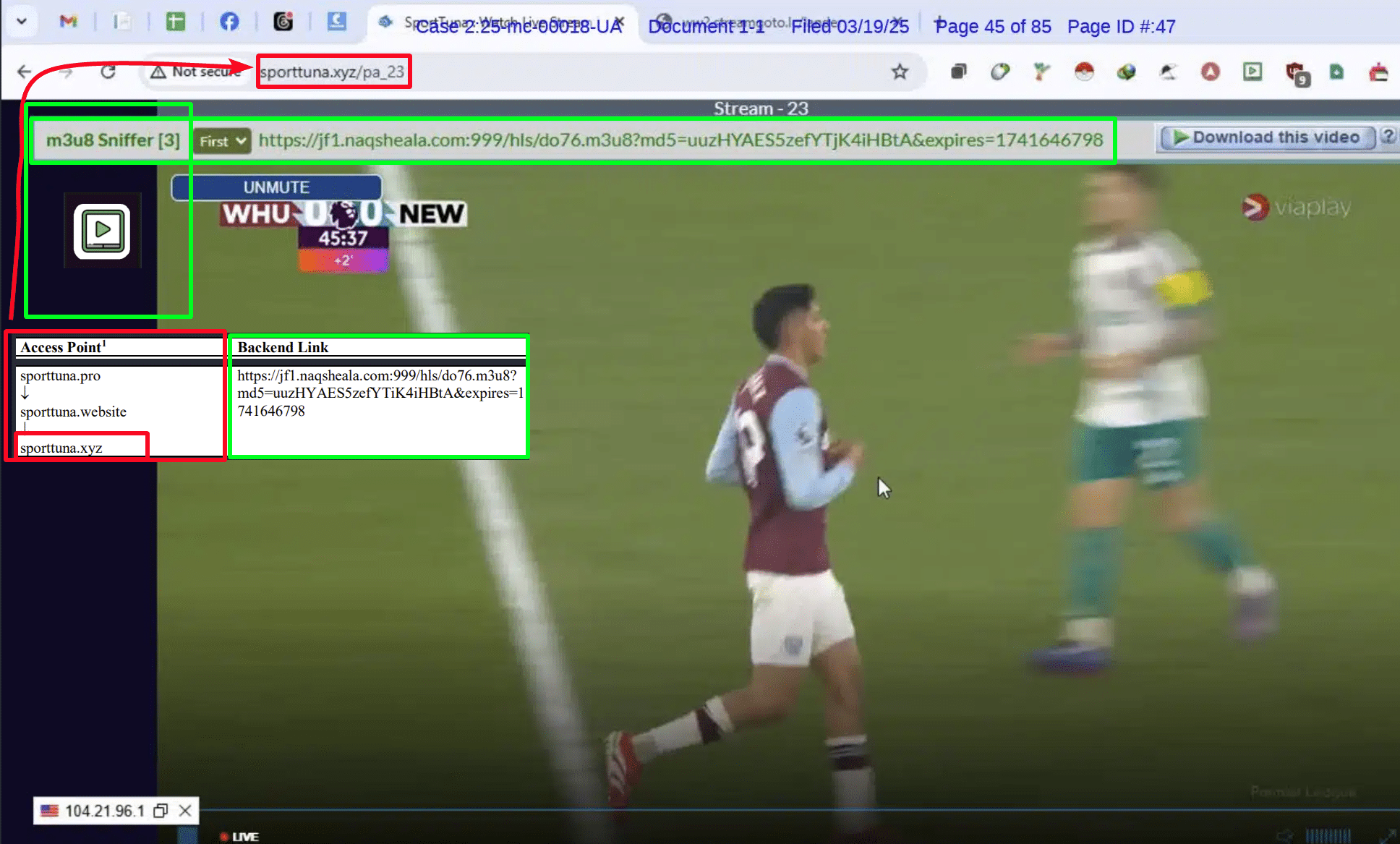
 Identifying the remaining tools was a little time-consuming but if we said the method was advanced or complicated, that would be a lie.
Identifying the remaining tools was a little time-consuming but if we said the method was advanced or complicated, that would be a lie.
 Given that M3U8 Sniffer “does NOT provide functionality to download the actual video streams” another piece of software comes in handy. IDM is a popular choice in the niche and appears to be the downloader of choice in this particular toolkit.
Given that M3U8 Sniffer “does NOT provide functionality to download the actual video streams” another piece of software comes in handy. IDM is a popular choice in the niche and appears to be the downloader of choice in this particular toolkit.
 Our best guess at identifying this next tool comes with a small caveat that its icon was almost impossibly blurred and even when fresh it’s still pretty basic. Ultimately, a green diamond and a single white ‘F’ works here.
Our best guess at identifying this next tool comes with a small caveat that its icon was almost impossibly blurred and even when fresh it’s still pretty basic. Ultimately, a green diamond and a single white ‘F’ works here.

 Scraping data from websites in a structured and usable format isn’t always easy and for big jobs, things can quickly descend into a time-wasting nightmare.
Scraping data from websites in a structured and usable format isn’t always easy and for big jobs, things can quickly descend into a time-wasting nightmare.
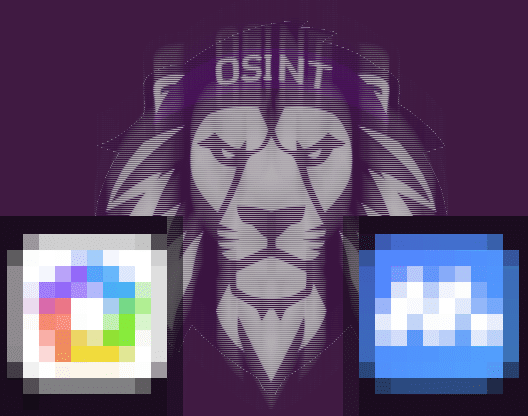 Given that there are Android emulators that are less elaborate, more predictable, and therefore better suited to the assumed job in hand, the discovery of two fairly elaborate emulators in the toolkit initially seems a little puzzling.
Given that there are Android emulators that are less elaborate, more predictable, and therefore better suited to the assumed job in hand, the discovery of two fairly elaborate emulators in the toolkit initially seems a little puzzling.